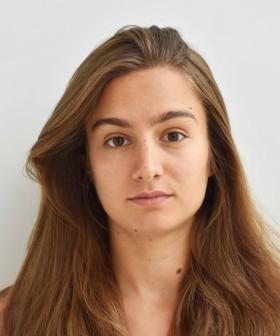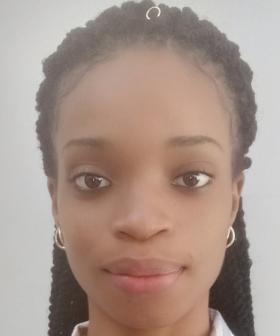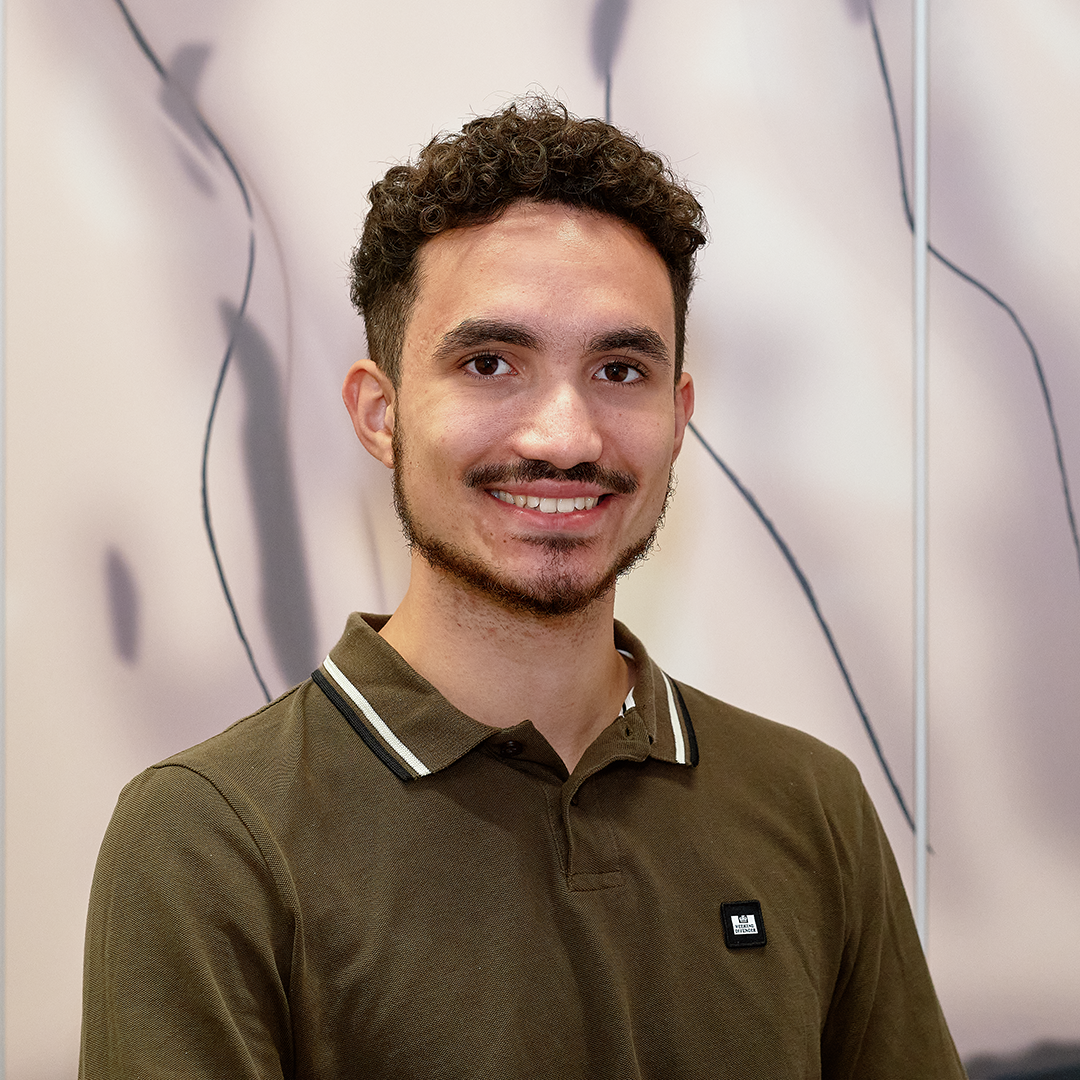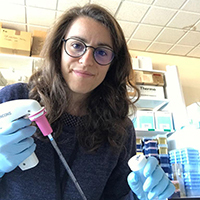Dr David James Studentship
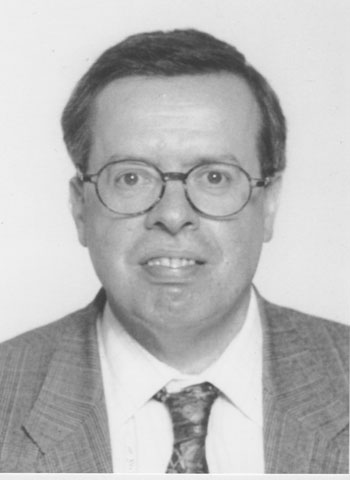
During his life, Dr James was a well-respected Departmental Administrator. His legacy provides scholarships for the most gifted postgraduates to pursue focused and original research. The David James Studentship has provided full financial support for several PhD students within the Department since October 2011.
Via PhD studentships, the David James Fund is supporting the next generation of Cambridge pharmacologists, whose work will be crucial to developing better treatments for diseases such as cancer, cardiovascular disease, arthritis, diabetes and Crohn's disease.
The fund also supports a wide variety of students in the Department by partially funding their research.
Dr James' legacy also supports the David James Annual Lecture Series.
Partially Funded Awardees
Gabrielle Admans- Howarth Group
"My passion for protein structure and design stems back from the town I grew up in. Grenoble, France, hosts a vibrant community of structural biologists. I was lucky to learn from them how protein structure informs on protein function during summer placements.
I completed an integrated masters in Biochemistry at the university of Glasgow, where I became increasingly interested in protein engineering. How can we modify proteins to give them new functions? Can we harness these proteins to help us understand biology, treat disease, and tackle climate change? My masters’ project focused on engineering DNA recombinases to understand genome organisation.
During my PhD, I am applying protein engineering to global health by designing novel protein-based nanoparticle vaccines. In the Howarth lab, I use our SpyTag/SpyCatcher technology to covalently couple antigens to a nanocage scaffold. Funding from the David James Studentship enables me to push the boundaries of what vaccines can do, training the immune system to target sites of vulnerability on viruses that currently elude us such as dengue, HIV or influenza viruses.
Outside the lab, I started the Climate Synthetic Biology society. We are interested in protein engineering and other SynBio approaches to tackle the climate crisis."
Onyeka Awunor - van Veen Group
"My research investigates the structural and molecular mechanisms underlying MsbA-mediated substrate transport, and how this transport pathway can be exploited pharmacologically. This presents a vital line of research since MsbA is an essential protein whose inhibition is bactericidal and could ultimately alleviate the effects of antimicrobial resistance - a steadily rising global health threat.
Outside of the lab, I quite enjoy the entire Cambridge experience ranging from formal dinners to other college events and taking up roles in various societies. I am especially looking forward to undertaking the professional internship for PhD students (PIPS) which is a very appealing component of this DTP."
Rowda Dahir - Wilson Group
"My research focuses on determining the mechanistic action of two key drivers of cardiomyocyte proliferation, MYC and YAP, and whether they can be harnessed to drive cardiac repair following a heart attack. Adult mammalian hearts have a poor intrinsic ability to regenerate following an injury, with the loss of the vital contractile cardiomyocytes leading to pathological remodeling. This results in impaired contractility, impacting the function of the heart, and can progress towards heart failure. This research will enable us to further develop RNA therapeutics to treat heart failure.
Outside the lab, I am passionate about mentoring, outreach, and widening participation. I believe it is important to give individuals from under-represented groups the guidance and support to participate in higher education. Currently, I am playing a key role in organising a widening participation programme in the Department, in partnership with the Gurdon Institute. In my spare time, I enjoy cooking with friends and reading."
Mateo Hoare - Itzhaki Group
“I joined the Department of Pharmacology as part of my undergraduate degree in Natural Sciences, and stayed in the department for my Masters of Philosophy. The funding awarded to me by the David James Studentship has allowed me to continue the research I did in this into a PhD, which involves the engineering of novel autophagy-targeting proteins with a view to developing a directed autophagy therapeutic approach, as well as investigating the role of biomolecular condensates in the autophagy process. Over the course of this I have learned many new skills, both in terms of experimental techniques and being part of a wider lab culture. Outside of the lab I like to spend my time socialising, rowing and playing music.”
Fully Funded Awardee Biographies
Roberta Cacioppo
David James PhD Studentship, 2019-2023
I obtained a Bachelor’s degree in Biotechnologies from the University of Palermo in Italy, during which I studied the role of a long non-coding RNA in regulating TBPH subcellular localization.
I carried out my MSc research in the group of Dr Rousseau at the MRC PPU in Dundee, where I identified a novel regulator of the selective translation of proteasome assembly chaperones during cellular stress.
I joined the Lindon Lab in 2019 as a David James PhD Student, and I’m currently studying the post-transcriptional regulation of the cell cycle regulator Aurora Kinase A. I am greatly enjoying the scientific and cultural diversity that our Department offers, which has allowed me to widen my technical skillset and work in a stimulating environment.
I like to spend my free time outside the lab socializing, cooking, and travelling.
Rosie Waters
AstraZeneca-David James PhD Studentship, 2017-2021
My PhD, co-funded by David James Studentship and AstraZeneca, was focused on understanding the structure and function of the protein syncollin, and it covered both protein structural studies and physiological assays, including work with bacteria and neutrophils.
What I enjoyed most about my PhD was the variety of experimental techniques, which allowed many opportunities for collaboration and a broader skillset to be acquired.
I am now putting these skills to good use in the in vitro pharmacology group of a neuroscience biotech company.

